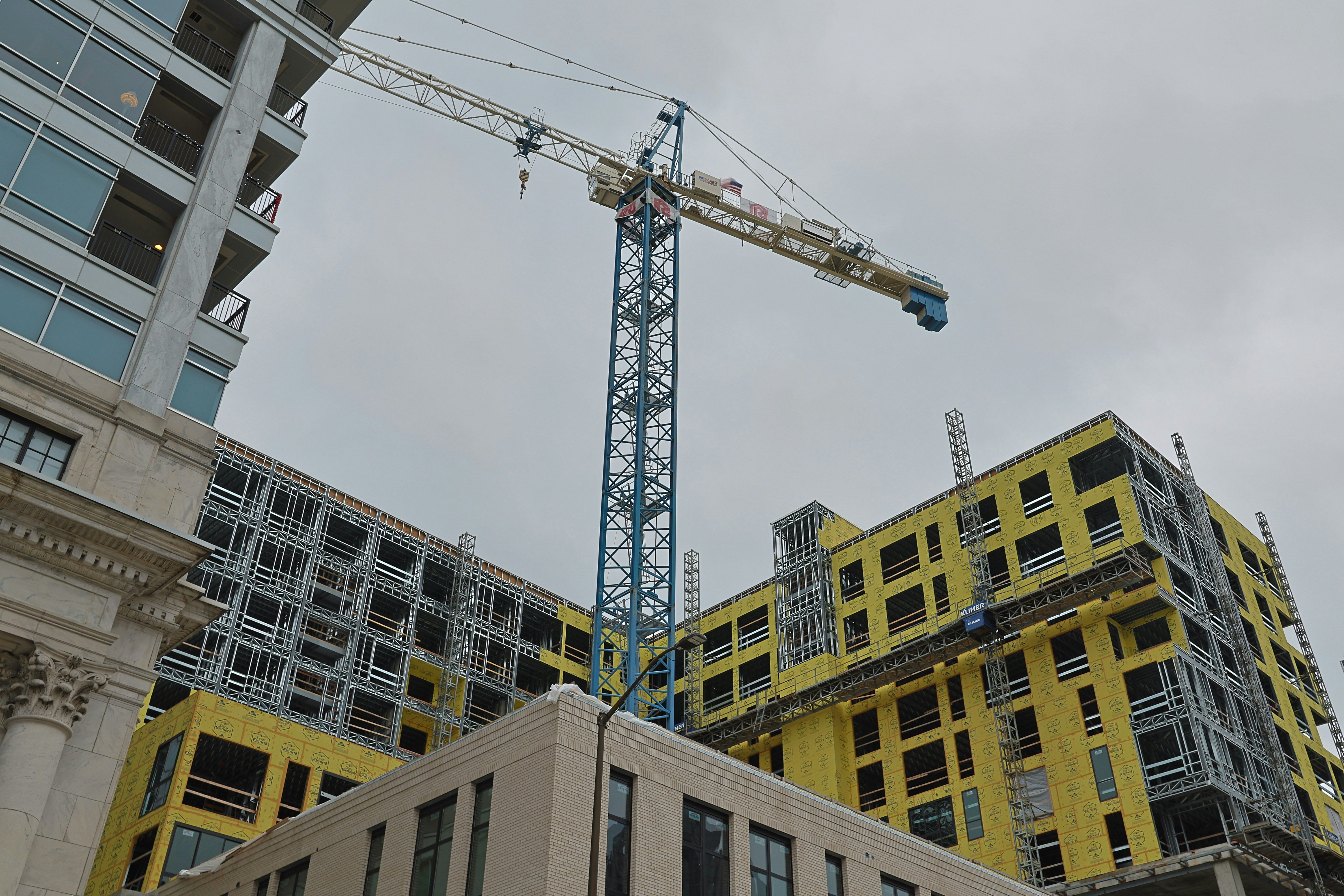The growth of master-planned communities in Alpharetta, Woodstock and other surrounding northern metro-Atlanta suburbs is accelerating. Beautiful amenities, new homes, modern design, walkable streets, and planned retail are drawing many buyers. But with these opportunities come unique legal and title paperwork challenges. As a Georgia closing attorney, Heritage Closing Firm helps buyers and realtors in these emerging suburbs anticipate obstacles before closing. In this article you’ll learn: What makes master-planned communities unique from a title / closing standpoint Common title & paperwork issues in new developments Practical tips to avoid delays and hidden costs Local examples & what to ask your closing attorney
What Are Master-Planned Communities & Why They Differ
A master-planned community typically includes not just housing, but parks, commercial spaces, amenity centers, and sometimes its own utility or HOA infrastructure. Examples near Atlanta include developments like Medley in Johns Creek (mentioned in recent news), and new developments in Cherokee and Forsyth Counties.
These communities often have additional layers of governance (HOA, amenity districts, shared infrastructure), sometimes master HOAs + sub-HOAs, planned future phases, and more complex plats and subdivision maps. All of these introduce extra paperwork and potential title / closing complications that aren’t always present in older or smaller subdivisions.
Common Title & Paperwork Issues Unique to New / Master-Planned Communities
Here are some issues we see regularly in these growing suburbs:
Incomplete subdivision plats or unrecorded phases
Developers build in phases; some phases may not be fully recorded or final plat adjustments might be pending.
Deed descriptions might not match final lot lines; easements or common areas may not be clearly recorded, causing title exceptions.
HOA or amenity district formation & transfer documents
HOAs may be brand new; documents like CCRs, estoppel letters, amenity district docs might be in draft or undergoing approval.
Lenders or title companies may reject or delay closing until all governance documents and transfer optics are finalized.
Multiple layers of restrictive covenants / master / sub HOAs
Big master communities often have a master association plus local ones; each may impose rules, fees, or oversight.
Buyers may be surprised by multiple dues, conflicting rules, or required approvals (architectural reviews etc.).
Utility easements, infrastructure obligations & recent improvements
New communities often require easements for utilities, sidewalks, roads, sometimes sharing infrastructure costs.
If easement documents are missing or misrecorded, or if infrastructure is not yet accepted by municipality, title may show clouds.
Developer-held common areas / future commercial parcels
Master plans often include parcels reserved for future commercial / retail / mixed use that may affect surrounding lots.
Boundary shifts, rights of way, future development impact, or obligations to maintain roads or amenities can complicate legal ownership and resale.

Local Examples & Emerging Suburb Trends
What Buyers & Realtors Should Do to Avoid Closing Surprises
Here are best practices when dealing with new or master-planned developments in Alpharetta and Woodstock:

Conclusion
Emerging master-planned suburbs around Atlanta (like new developments in Alpharetta and Woodstock) promise modern amenities, green spaces, and community living. But these benefits come with added complexity in title work and paperwork. By anticipating these common title issues, being thorough with HOA/plat documents, and using a local closing attorney who knows the area well, you can avoid delays, hidden costs, and unexpected obstacles.
FAQ
Q: What is a master-planned community in Georgia?A: A master-planned community is a development designed with integrated residential, commercial, amenity, and infrastructure planning, often in phases. It includes common amenities, HOAs, sometimes multiple layers of governance.
Q: Can title be affected in a new subdivision that hasn’t fully recorded all plats?A: Yes. If phases or final plats aren’t recorded or updated, legal descriptions may not match site improvements, and title companies may flag exceptions until recordation is complete.
Q: What additional paperwork is common in master-planned developments?A: You’ll want CCRs (Covenants, Conditions & Restrictions), resale/estoppel certificates, amenity district governance docs, plat maps, easement documentation, HOA transfer fees, and builder declarations.
Have other questions whether about master planned communities or others about your real estate transactions our dedicated team is prepared to provide you answers and make the process an efficient, seamless, and secure experience!
Give us a call at: or email us at: close @ heritageclosingfirm.com

